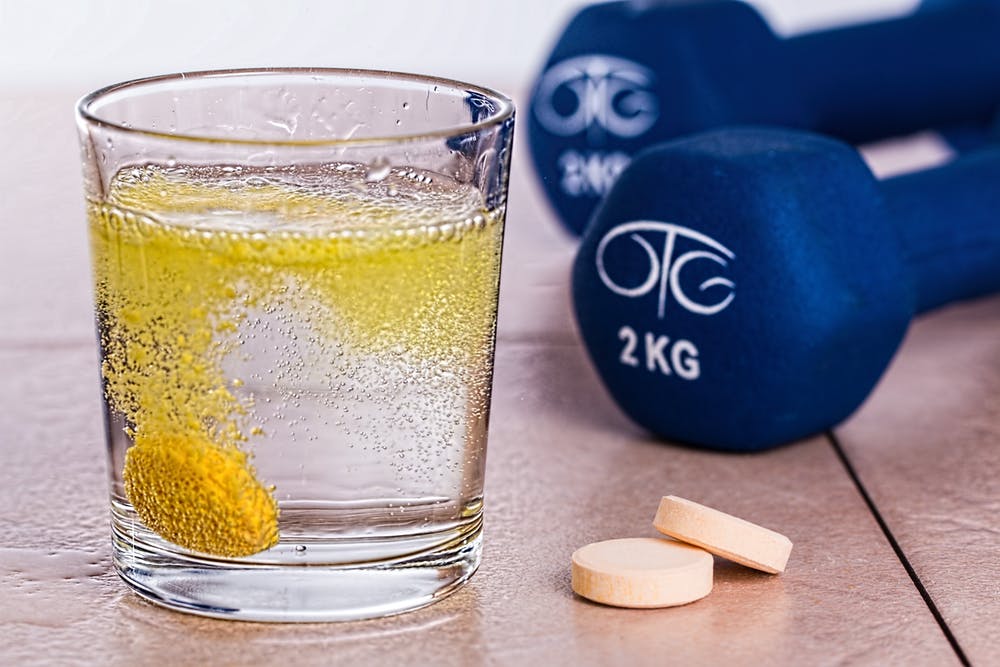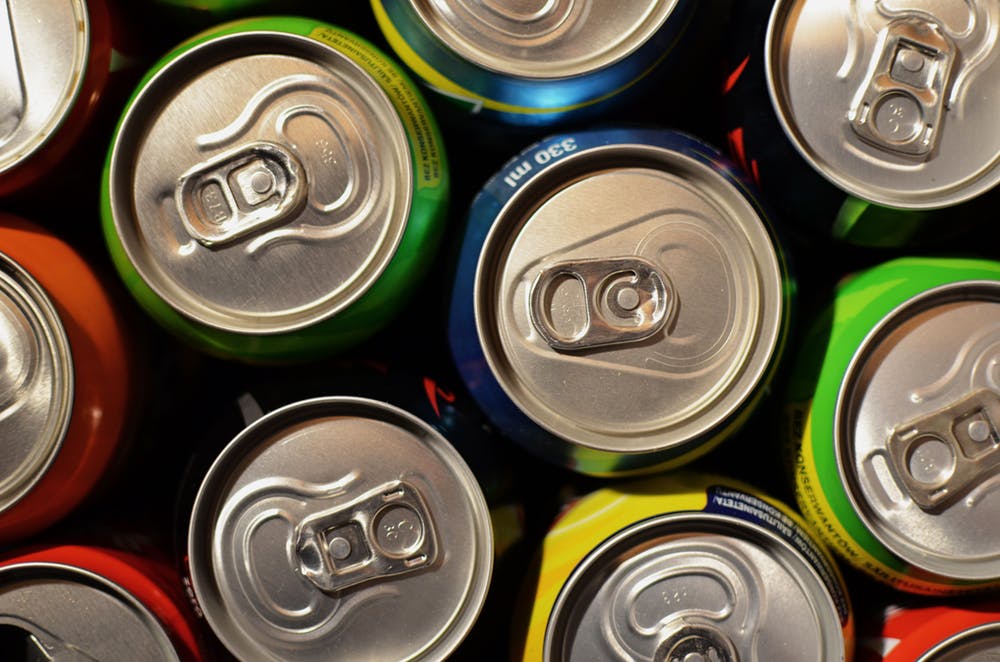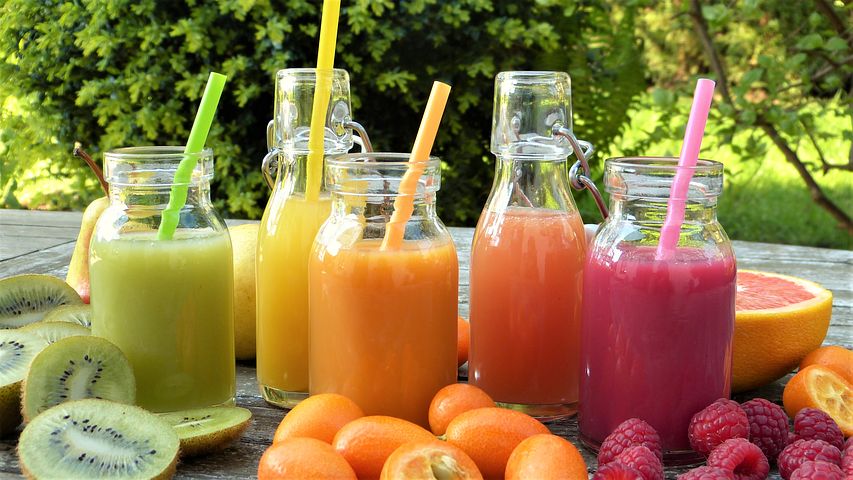
Did you know that Sports Drinks are high in simple sugars and drinking them mindlessly will result in body fat?
SPORTS DRINKS
Sports drinks are beverages containing sugar and salt with a purpose to help athletes replace water, electrolytes and energy before and after training or competition. They act as important hydration supplements because when you sweat during an active training or competition, you not only lose water but also lose electrolytes and salt like sodium, potassium and chloride. Gatorade and Powerade are popular examples of sports drinks. Consuming these drinks will help you sustain physical activity for a longer time and also enhance performance.

However, what we also need to know is that most of us are people looking out for general fitness and are not sportsmen or athletes. Since the duration and intensity of our workout ranges from low to moderate, and since we are working out in air conditioned environments most of the times, our hydration supplementation requirements are modest. Most of the exercise physiologists from around the world have maintained that unless you are exercising or competing for longer than 90 minutes, there is no need or requirement of any sports drinks. In fact, consuming these drinks will then prove to be counter productive since the excess sugar will get converted to fat in the body. What is then best suited is just water. Just have sips of water during your workout and also after the workout.
ENERGY DRINKS
The second category of hydration supplements are the energy drinks. These drinks contain caffeine that are believed to stimulate you and also usually contain high amounts of sugars. Red Bull is one of the most popular examples in this category. These drinks are consumed for a burst of energy as well as commonly used with alcohol as mixers. Since alcohol and caffeine that is present in energy drinks both are diuretics, its combined consumption will increase the risk of dehydration along with many other health risks. Excessive consumption of energy drinks not only gives excess sugar to the body but has also shown to be associated with cardiac risks.
So the next time you want to reach out for a sports drink or an energy drink, make a sound decision whether or not you should be having it in the first place.
Unsure about the right diet for you? Are you torn between what you’d love to eat and what you hear is unhealthy for you? Sign up for a one-on-one nutrition & diet consultation with leading Mumbai dietitian Munmun Ganeriwal
Related article-



